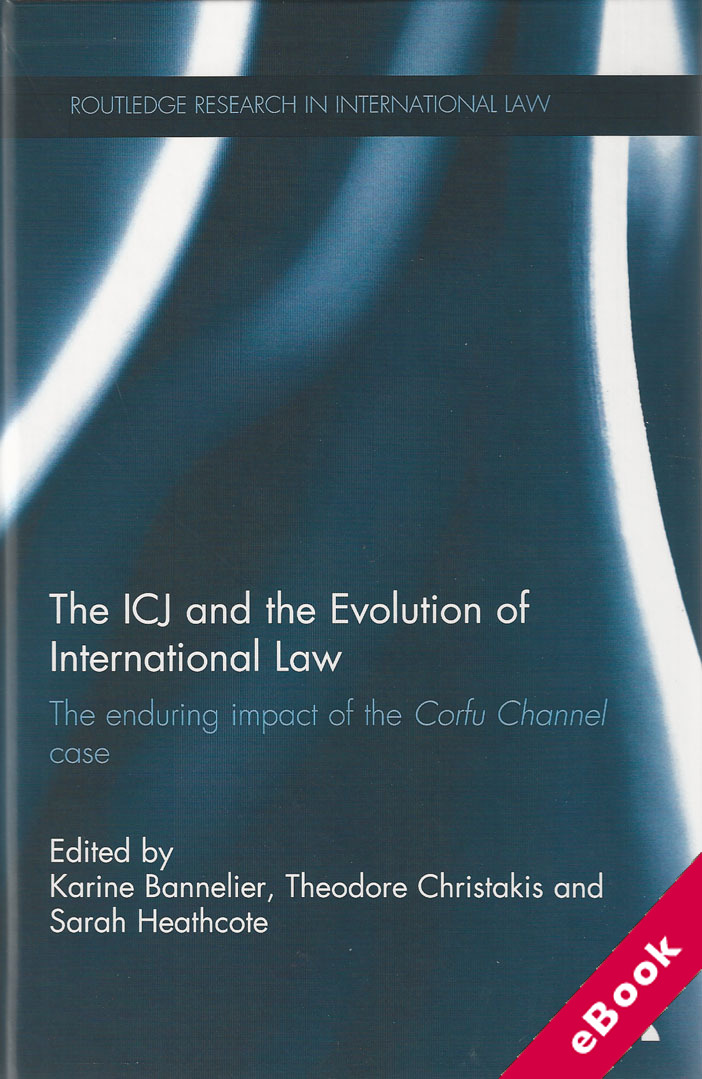
The device(s) you use to access the eBook content must be authorized with an Adobe ID before you download the product otherwise it will fail to register correctly.
For further information see https://www.wildy.com/ebook-formats
Once the order is confirmed an automated e-mail will be sent to you to allow you to download the eBook.
All eBooks are supplied firm sale and cannot be returned. If you believe there is a fault with your eBook then contact us on ebooks@wildy.com and we will help in resolving the issue. This does not affect your statutory rights.
In 1949 the International Court of Justice (ICJ) handed down its first judgment in the Corfu Channel Case. In diffusing an early Cold War dispute, the Court articulated a set of legal principles which continue to shape our appreciation of the international legal order.
Many of the issues dealt with by the Court in 1949 remain central questions of international law, including due diligence, forcible intervention and self-help, maritime operations, navigation in international straits and the concept of elementary considerations of humanity. The Court’s decision has been cited on numerous occasions in subsequent international litigation.
Indeed, the relevance of this judgment goes far beyond the subject matter dealt with by the Court in 1949, extending to pressing problems such as trans-boundary pollution, terrorism or piracy. In short, it was and remains a thoroughly modern decision – a landmark for international law; and one which today needs to be revisited sixty years later.
Taking a critical approach, this book examines the decision’s influence on international law generally and on some fields of international law like the law of the sea or the law of international responsibility specifically. The book collects the commentary of a distinguished set of international law scholars, including five well-known international judges.
The contributors consider not only the history of the Corfu Channel Judgment and its contribution to the development of international law, but also its resonance in many contemporary problems of international law.